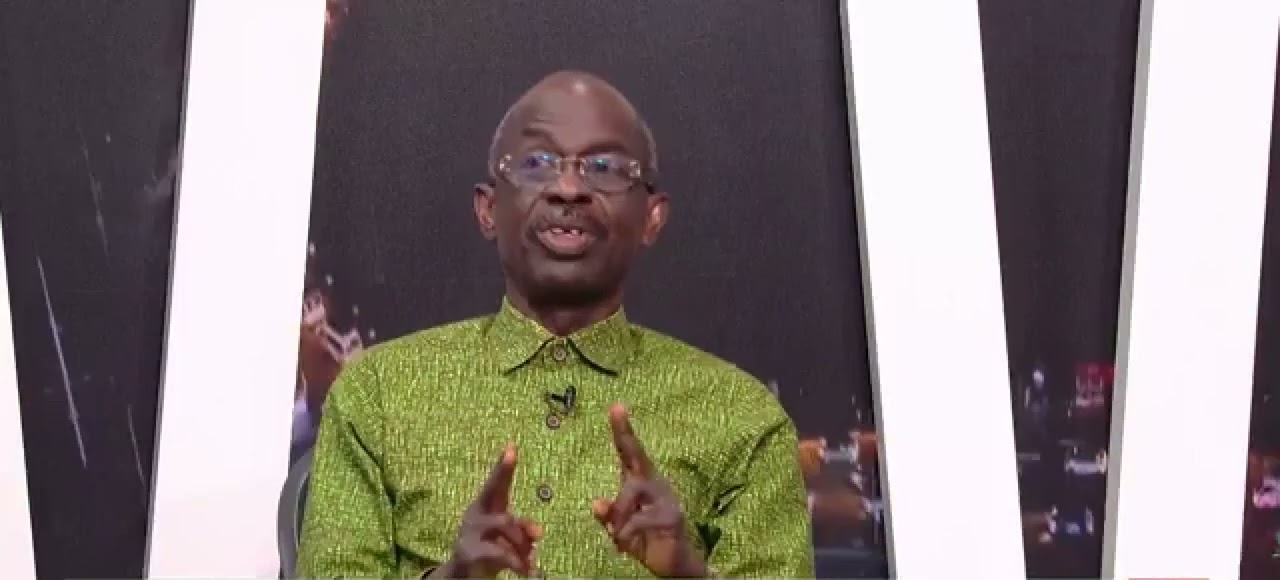California’s open roads, warm weather, and scenic routes make it a haven for motorcycle riders. From coastal rides along Highway 1 to curving mountain roads in the Sierra Nevada, it’s no surprise the state has one of the highest numbers of registered motorcycles in the U.S. But this popularity also brings risk. With thousands of motorcycle accidents reported annually, California riders often face a tough road to recovery. One of the most pressing concerns after such incidents is how common motorcycle accident injuries can drastically affect your daily life and long-term well-being.
The Nature of Motorcycle Injuries
Unlike car occupants, motorcyclists are exposed to the elements, lacking the protective shell that a vehicle offers. This means even a minor accident can result in severe injuries. Some of the most frequent ones include:
These injuries can range from mild to life-altering, and even those that initially seem minor may evolve into chronic pain or mobility issues. What follows is often a prolonged and uncertain recovery process.
Physical Limitations and Pain Management
Daily routines that once seemed effortless—like getting dressed, cooking, or walking—can become monumental challenges after an accident. If you’ve sustained a leg fracture or spinal injury, standing or walking might require assistive devices or rehabilitation therapy.
Chronic pain is another long-term issue. Many victims find themselves reliant on prescription medications just to get through the day. This dependency, while sometimes necessary, may bring unwanted side effects like drowsiness, mental fog, or digestive problems.
Physical therapy sessions become routine, and progress can be slow. It’s not uncommon for accident victims to spend months—sometimes even years—relearning basic movements or adjusting to permanent limitations.
Emotional and Psychological Struggles
Motorcycle accidents don’t just affect the body—they take a toll on mental health too. Victims often experience anxiety, depression, or post-traumatic stress disorder (PTSD). The trauma of the crash may cause flashbacks, sleep disturbances, or an overwhelming fear of getting back on a motorcycle.
Isolation can worsen these symptoms. If you’re unable to drive, go to work, or participate in social activities, feelings of loneliness and helplessness can quickly set in. For some, therapy becomes an essential part of the recovery process, just as important as physical rehab.
Financial and Occupational Impact
Another harsh reality of motorcycle accidents is the financial strain. Medical bills for surgeries, hospital stays, physical therapy, and medications can quickly pile up. If you’re unable to work during recovery, lost income adds another layer of stress.
For individuals in physically demanding jobs, returning to the workforce might be impossible. Others may need to switch careers altogether, requiring retraining or a shift to part-time roles. Insurance payouts or disability benefits may not fully compensate for these changes, putting additional pressure on households already struggling to adapt.
Relationships and Social Life
Recovery doesn’t happen in a vacuum—it affects those around you as well. Spouses, family members, and friends may find themselves acting as caregivers, a role that can strain even the strongest relationships. Tension and emotional burnout are common in households dealing with long-term recovery.
Socially, victims often feel like they’ve lost a part of their identity. If riding was a lifestyle or community, stepping away from that world can feel like another injury. Celebrations, gatherings, and even simple outings may be skipped due to pain or mobility challenges.
Navigating the Road to Recovery
While the journey can be difficult, there are steps that can help make recovery more manageable:
Recovery is often a team effort. With the right support and a realistic plan, it’s possible to regain independence and adjust to a new normal.
Final Thoughts
The aftermath of a motorcycle accident can touch every corner of your life—from how you move and feel to how you work and connect with others. In a motorcycle-friendly state like California, the risks are real, and understanding the effects of common motorcycle accident injuries is essential. While recovery may take time, it’s important to recognize that healing is not just physical—it’s emotional, financial, and deeply personal. By being prepared and supported, victims can chart a path forward, even after life takes an unexpected turn.











